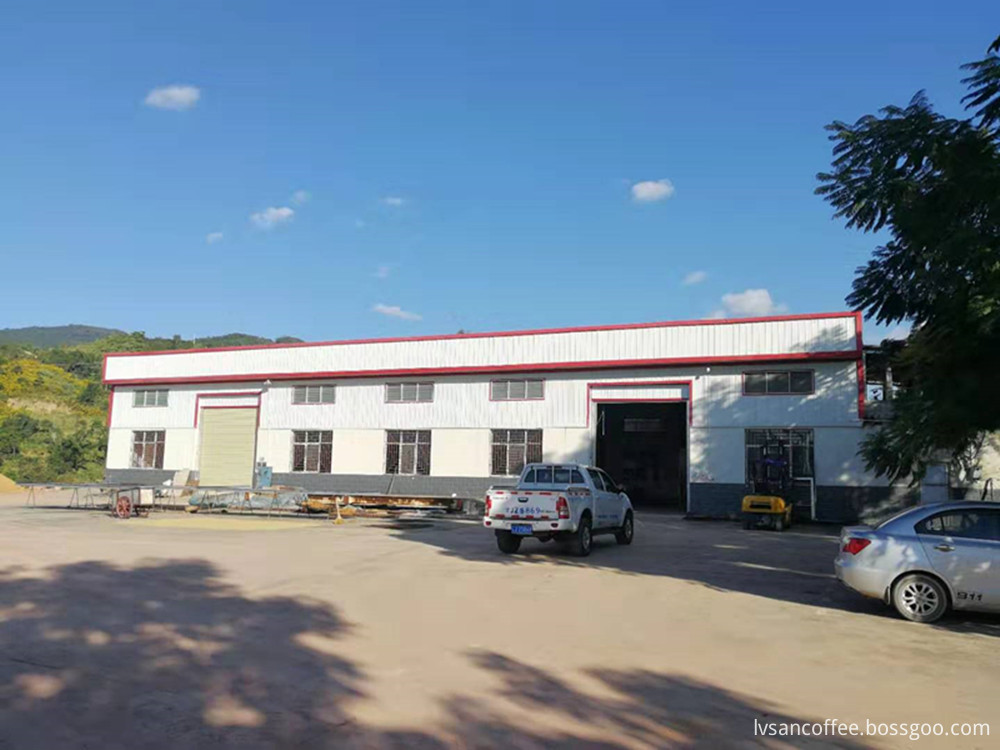![]()
As the month of July begins, the hatching and survival rates of Golden Dragonfly eggs have dropped dramatically, falling below 10% of normal levels. This has led to extremely low or even zero yields, and it also poses a risk of allergic reactions for those handling the eggs. The reasons behind this decline are as follows: First, the incubation period for Golden Eagle eggs is approximately 280 days. By July, quail eggs—often used as a substitute—have already started to decline in quality, making them more susceptible to death during the incubation process. Second, the lifespan of these eggs during this time is significantly reduced, and their ability to adapt to environmental changes is weak. Even if some larvae manage to hatch, they are often weak, fragile, and prone to illness, making their survival difficult. Third, with the arrival of summer, high temperatures create ideal conditions for the rapid growth of fungi and mites on the egg branches. Direct or indirect contact with these contaminants can cause allergic reactions. People who are sensitive may experience itchy skin, redness, or even facial flushing, while others might suffer from more severe systemic symptoms. Even if a small number of eggs do hatch, the combination of high temperatures and rainy weather makes it extremely challenging for the larvae to survive. Given these challenges and risks, it is strongly advised that most farmers and enthusiasts avoid purchasing egg sticks after July and refrain from attempting to hatch them. Be cautious of misleading claims made by some individuals who promise successful hatching as late as October. These promises are often unscientific and can lead to significant financial losses. Taking precautions now can help prevent unnecessary setbacks in your farming efforts.
Green Coffee Beans
China Green Coffee Beans
flavor: mellow and balanced, with fruit acid flavor, nuts, honey, chocolate, citrus;
Variety:Aribica
processing method: washing;
water content: less than 12%;
packaging: 60kg / bag

In 1892, French missionary father Tian Daneng preached in Dali, Yunnan Province, China. In order to drink coffee, he taught local villagers to grow and drink coffee. Up to now, coffee has been planted in Yunnan Province of China for more than 100 years, with an area of 120000 mu. Most of the varieties planted in Yunnan are ccatimor, with an altitude of 1000-1500m, The coffee produced in Yunnan has a balanced taste, rich nut and citrus flavor, some of which are very sweet, with obvious taste of chocolate, toffee and maple sugar. It is one of the high-quality coffee producing areas. Our coffee is produced at the junction of Puer and Burma - the Myitkyina original jungle beans at 1500-1750, with a rich flavor, high aroma and high sweetness. The 2019 international coffee cup Masters Tournament (China finals) is sponsored by beans.
Green Coffee Beans,Unroasted Coffee Beans,Organic Green Coffee Beans,Freshly Roasted Coffee Beans
Yunnan New Biology Culture Co,.Ltd , https://www.lvsancoffee.com
